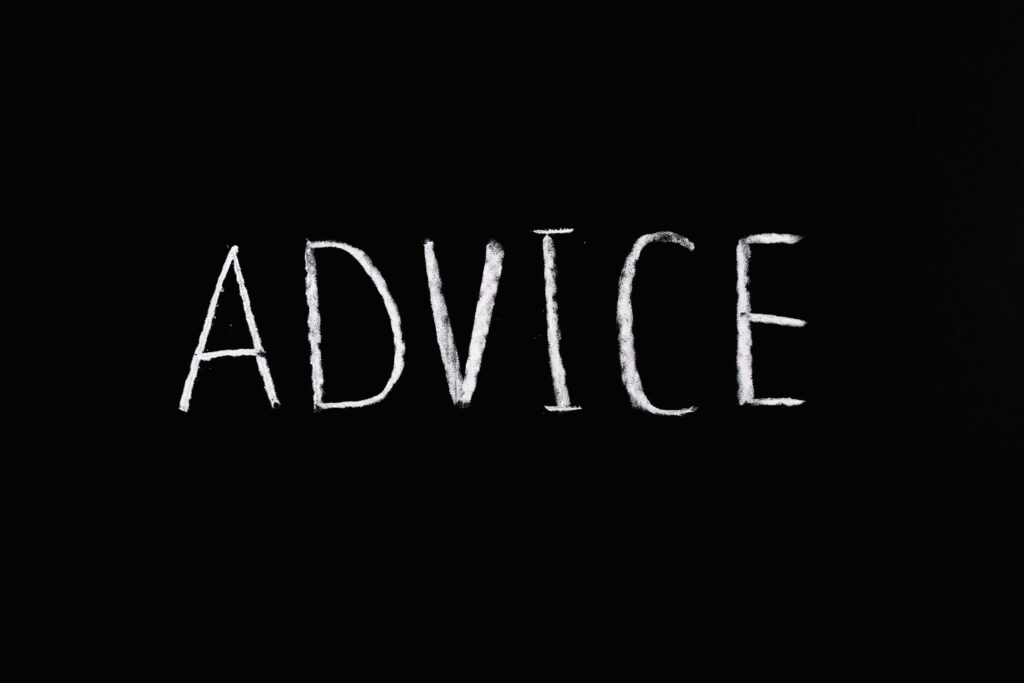Unveiling the Oddities of Taxation: Strange and Unusual Tax Facts

Unveiling the Oddities of Taxation of government revenue, is often associated with complexities and regulations. Beyond the conventional aspects of income, deductions, and credits, there exists a world of strange and unusual tax facts that add a layer of eccentricity to the otherwise serious realm of taxation. Hence, in this exploration, we’ll delve into the peculiarities that make tax laws stand out, showcasing instances where the mundane meets the bizarre.
1. The Curious Case of Illegal Income:
One of the most perplexing aspects of taxation is the inclusion of illegal income. In a surprising twist, individuals engaged in illegal activities are not exempt from the taxman’s scrutiny. The tax code mandates that all income, regardless of its legality, must be reported. So, even if you earn money through illicit means, the tax authorities expect their share.
2. Hunting Trips and Business Expenses:
In the world of tax deductions, there’s an unexpected provision that allows for the deduction of hunting trip expenses. While this might seem outlandish at first, the logic behind it lies in the potential for business discussions during such trips. If a hunting expedition is used as a backdrop for serious business negotiations, the costs incurred may be considered a legitimate business expense.
3. Clarinet Repairs as Medical Expenses:
Musical instruments take an unexpected turn in the tax world. In the United States, if a doctor prescribes playing the clarinet as a form of physical therapy, the cost of repairing the instrument can be deducted as a medical expense. Certainly, this unusual intersection of art and health showcases the diverse ways in which tax laws can accommodate unique circumstances.
4. Cat Food and Business Expenses:
In a case that raises eyebrows, a business owner successfully deducted the cost of cat food as a business expense. The rationale behind this unusual deduction was that the cat served as a form of pest control, keeping the business premises free from snakes and rats. This peculiar case underscores the creativity that sometimes goes into justifying business expenses.
5. Jockeys and Bodyguards in the UK:
In the United Kingdom, there’s a peculiar allowance for jockeys. Recognizing the physical risks involved in their profession, jockeys can claim tax relief for the expenses related to employing a bodyguard. This unusual provision acknowledges the unique circumstances of certain professions and their need for personal security.
6. Dance Lessons for a Tax Break:
For those whose jobs demand a certain level of physical fitness, dance lessons may be considered a legitimate business expense. This intriguing tax fact comes into play when individuals can demonstrate that dance is a necessary component of maintaining a specific physical appearance required for their job. It’s a reminder that tax laws can be as dynamic and varied as the careers they impact.
7. The Beard Tax of Czarist Russia:
In a historical oddity, czarist Russia implemented a tax on beards. Men were required to pay a tax if they chose to sport facial hair, as beards were seen as a symbol of status. To enforce this peculiar tax, individuals who paid the beard tax were issued a token as proof of payment. This quirky historical example highlights the diverse ways in which taxation has been implemented throughout history.
8. Taxing Illegal Drugs:
In some states in the U.S., even illegal drugs are not exempt from taxation. The tax laws in these states require individuals caught with illegal substances to purchase state-issued stamps that must be affixed to the drugs as proof of payment for state taxes. Basically, this unusual approach adds a layer of irony to the legal system, as even illegal activities may come with a tax obligation.
9. Chickens for College Savings in West Virginia:
West Virginia introduces an element of agricultural peculiarity into its tax laws. If you’re a parent looking to contribute to your child’s college savings, buying a live chicken might just be the ticket. In a bizarre twist, the cost of a chicken is eligible for a tax credit, provided it is intended for the child’s college fund. This unique provision combines agricultural considerations with an investment in education.
In conclusion, the world of taxation is not without its share of oddities and eccentricities. These strange and unusual tax facts serve as a testament to the complexity and adaptability of tax laws. As taxpayers navigate the intricate web of regulations, it’s essential to be aware that the mundane can sometimes intersect with the peculiar in the realm of taxation. Always consult with a tax professional to ensure a clear understanding of the laws applicable to your specific situation. Remember, that even the quirkiest tax provisions have a rationale hidden within the intricacies of the legal framework.



